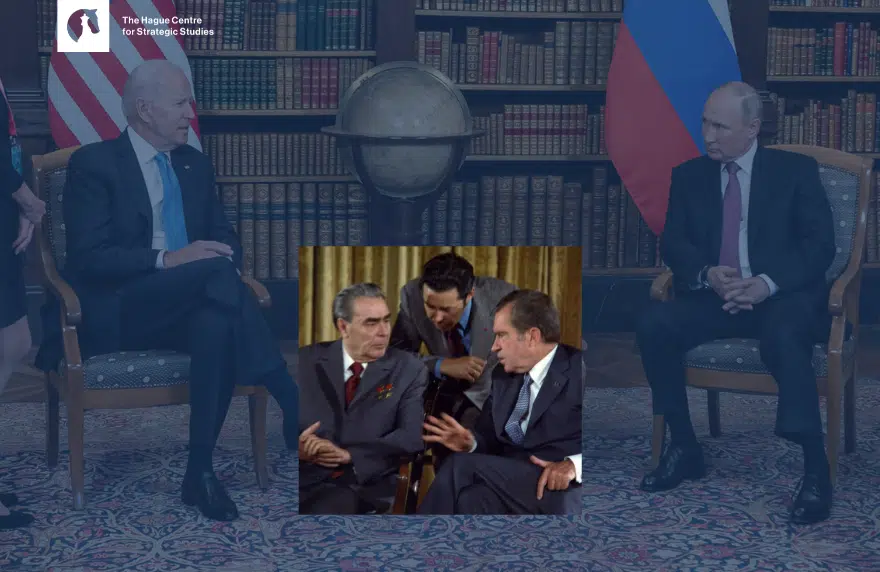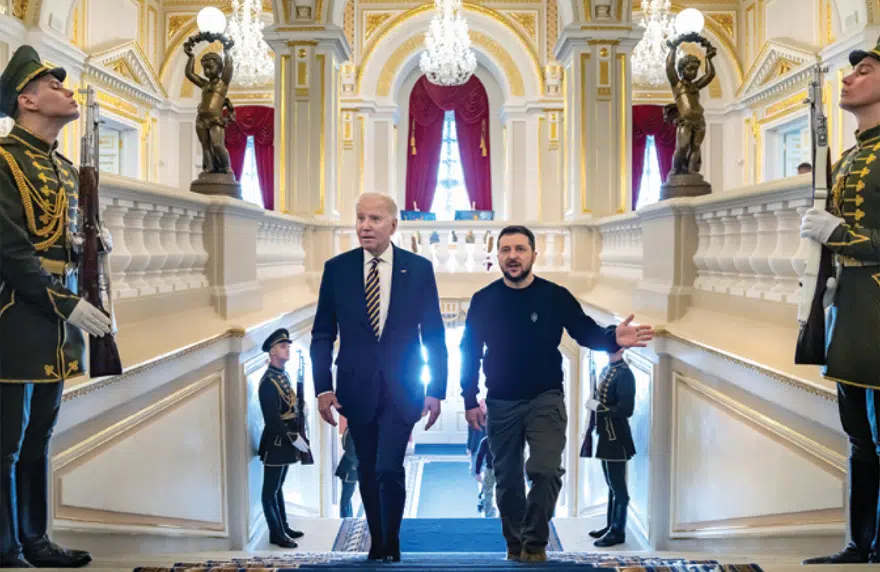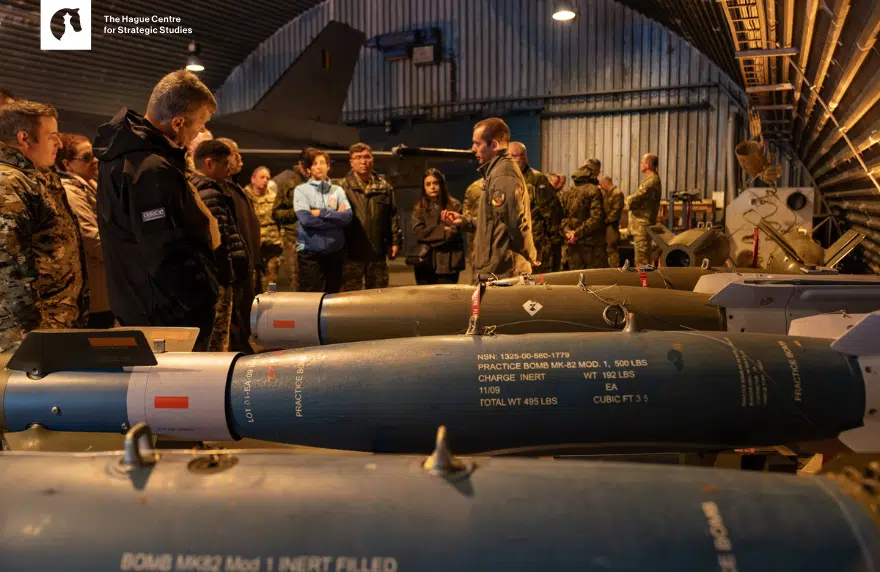Research
The European nuclear arms control regime is in bad shape, due to the end of the INF Treaty (Intermediate-Range Nuclear Forces Treaty), the ABM Treaty (Anti-Ballistic Missile Treaty), the CFE Treaty (Treaty on Conventional Armed Forces in Europe), and perhaps even the START Treaty (Strategic Arms Reduction Treaty). Russia has invested heavily in new technologies and the United States wants China to be included in any future agreements, while China has shown no interest.
This leaves Europeans sitting on the sidelines when it comes to crucial developments for their own security. Europeans need to find ways to pressure Russia and diminish their reliance on the United States.
What is the potential for European investments in advanced conventional weapons that could incentivise Russia back to the negotiating table? This brief explores the potential of competitive approaches to arms control. A competitive approach to arms control is built on the assumption that an actor recognises that its long-term future security is looking progressively worse if they do not act now to stabilise the qualitative and quantitative military balance of power.
When it comes to incentives to induce Russia to return to arms control negotiations, the report therefore looks at what Russia fears. Competitive approaches to arms control are not without risks of arms racing. It is important to distinguish between “good fear” that is likely to incentivise an adversary to negotiate and “bad fear” that is likely to lead them to escalate with capability investments, posture changes, or procedural changes of their own.
We find three broad categories of advanced weapons that Europeans could invest in that are likely to incentivise Russia to negotiate: advanced airpower, specifically stealth and low altitude flight; high-precision conventional weapons, such as cruise missiles and hypersonic weapons; and expansive missile defence. All three capabilities suggest a growing European capability for damage limitation of Russian nuclear threat that Russia should be expected to want to avoid.
Finally, arms control discussions are not a reward for Russia; they simply acknowledge the shared interest in preventing nuclear escalation.
Authors: Paul van Hooft and Davis Ellison. Contributors: Adam Meszaros and Michal Gorecki. Editors: Paul van Hooft and Tim Sweijs. Quality Assurance: Rob de Wijk.
This paper is part of the HCSS programme on Strategic Stability: Deterrence and Arm Control and builds on previous reports: Realigning deterrence and arms control in a European quest for strategic stability and Shifting Sands of Strategic Stability: Towards A New Arms Control Agenda.
The research for and production of this report has been conducted within the PROGRESS research framework agreement. Responsibility for the contents and for the opinions expressed, rests solely with the authors and does not constitute, nor should be construed as, an endorsement by the Netherlands Ministries of Foreign Affairs and Defense.









